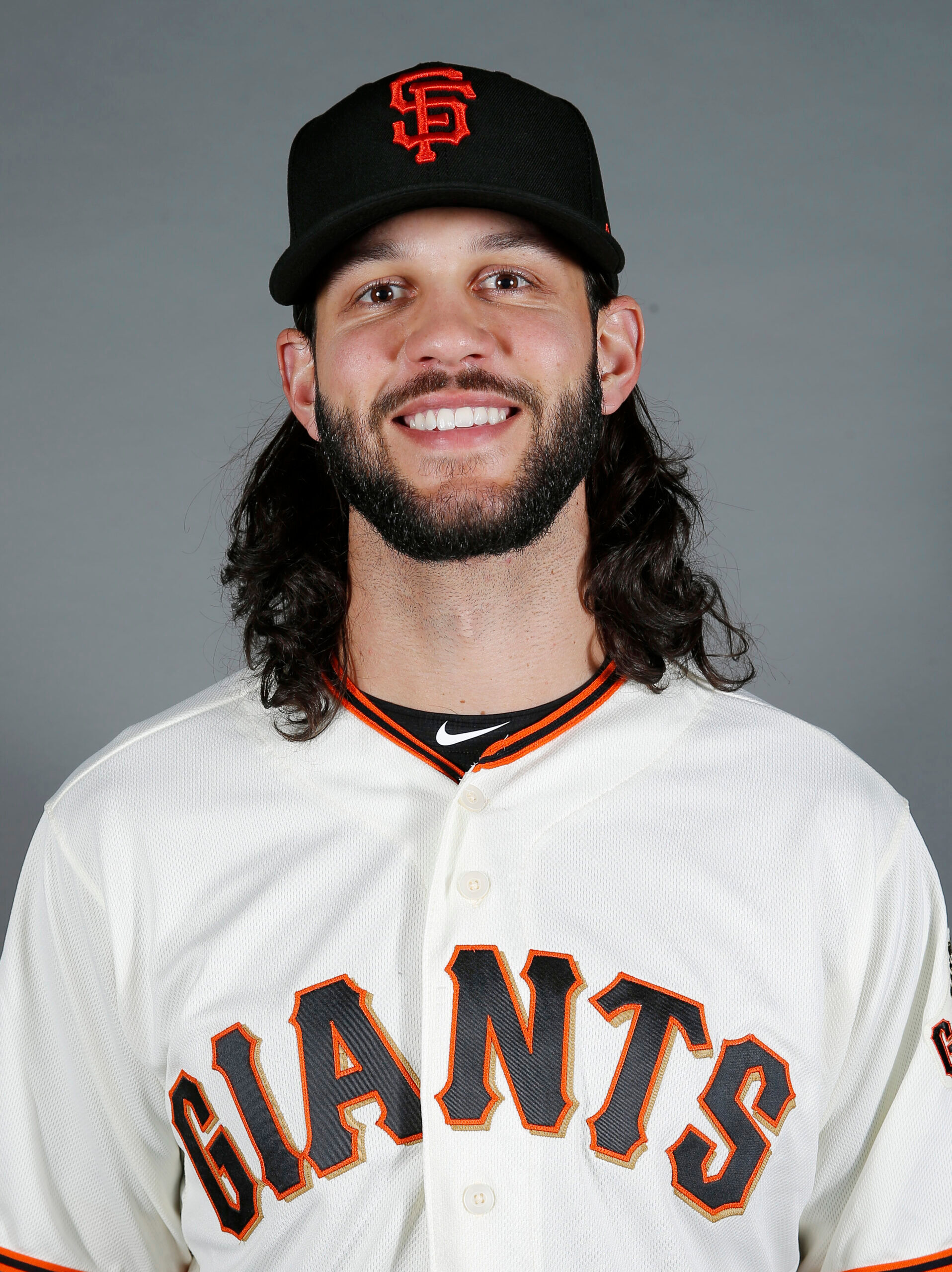When minor league pitcher Kieran Lovegrove recently revealed he had come out as bisexual to his teammates in 2019, I was thrilled.
After Carl Nassib inspired LGBTQ sports enthusiasts everywhere with his historic coming-out, I’d been wondering a lot more than usual when we will finally see an active MLB player do the same.
While I still don’t know the answer to that question, upon hearing Lovegrove tell his story on the 3 Strikes, You’re Out podcast, I can say this with certainty: I have never been more encouraged about the direction baseball is headed.
Get off the sidelines and into the game
Our weekly playbook is packed with everything from locker room chatter to pressing LGBTQ sports issues.
Even though we at Outsports have demonstrated time and again that LGBTQ athletes have found acceptance and support in every sport, I’ve always worried whether insular and change-resistant culture of baseball added a degree of difficulty that was too much to overcome.
For the first five years of his career, Lovegrove also believed this to be the case and felt he had to assume a false hyper-masculine persona in order to fit in and advance his career. It led him to a very unhealthy place:
“I had spent so many years with this unnecessary chip on my shoulder because I felt like [with] baseball being a business, I needed to be cutthroat, I wasn’t there to make friends,” he said. “Combined with depression and alcoholism, I spent many of those first five years in a really dark headspace.”
Despite his efforts, Lovegrove still didn’t fit in. He eventually fell prey to alcohol abuse and at his lowest point, attempted suicide.
After getting help for his addictions and mental health, he gradually began letting down his guard and showing more of his true self. Then in 2018, while playing for Cleveland’s Double-A team in Akron, he found himself surrounded by a group he described as “teammates who started to accept me for me.”
It was a transformative experience.
The next season, Lovegrove was playing in the Giants organization, and during one of those infamously interminable minor league bus rides, he was discussing music with teammates to pass the time. As he recalled, the subject was probably Harry Styles (“that seems to be my go-to”) or Freddy Mercury…
“I made some off-hand comment and one of my teammates was just like, ‘So what do you identify as? Because you’re not straight, are you?’,” Lovegrove said. “And I was like, ‘No, I’m not. I’m bisexual. I appreciate you asking.’ And everyone was just like, ‘Oh, cool! OK! Cool!’”
“Then we had nine hours left on the bus ride. And from that point, everyone just sort of embraced that as a fact of my life and didn’t treat me any differently because of it.”
After receiving such a life-affiriming response, Lovegrove felt empowered to continue coming out to teammates as he moved from organization to organization during his minor league odyssey. When he began this past season in the Angels’ farm system, his first words of introduction to his new teammates were:
“Hey, my name’s Kieran Lovegrove, I’ve played for these teams … and the last thing you should know, I’m probably the only openly bisexual teammate any of you have ever had. If you have questions about this, please come ask me. That’s how we’re going to foster understanding.”
Again, he found a team full of players whom he says had his back.
“Incredibly supportive and curious,” he said. “And it was an incredible experience. It really made me fall in love with baseball and clubhouse culture again. Because I was finally able to be myself.”
What struck me about Lovegrove’s story was how well it fit in with the Courage is Contagious series on our site. The love and acceptance he found in a minor league baseball clubhouse were just like many of the reactions experienced by the numerous college and high school athletes we spotlight.
As a gay baseball fan, I can’t begin to tell you how overjoyed I was to hear this. In Lovegrove’s story, we have first-hand evidence that the vast majority of players he encountered fully supported and embraced an out teammate.
Less than a decade after players like Lance Berkman and Daniel Murphy were “respected clubhouse presences,” we can say for certain that the game’s culture has changed for the better.
While Lovegrove is modest about his role, he’s now an essential part of making that change happen. By coming out to teammates in several organizations and then revealing it publicly, he has become part of the thread of LGBTQ baseball history connecting Glenn Burke to Billy Bean to David Denson, and now, to his own story.
When a player on the major league level finally comes out, Lovegrove’s bravery and the support of his teammates will have helped create the environment that makes it happen. The game is a better place because of Kieran Lovegrove — and he continues to improve it by pushing for better MiLB living conditions through his work with Advocates for Minor Leaguers.
With much gratitude to him, I can’t wait to see what comes next for my favorite sport.
If you are considering suicide, LGBTQ youth (ages 24 and younger) can reach the Trevor Project Lifeline at 1-866-488-7386. Adults can contact the National Suicide Prevention Lifeline at 1-800-273-8255 24 hours a day, and it’s available to people of all ages and identities. Trans or gender-nonconforming people can reach Trans Lifeline at 877-565-8860.








































